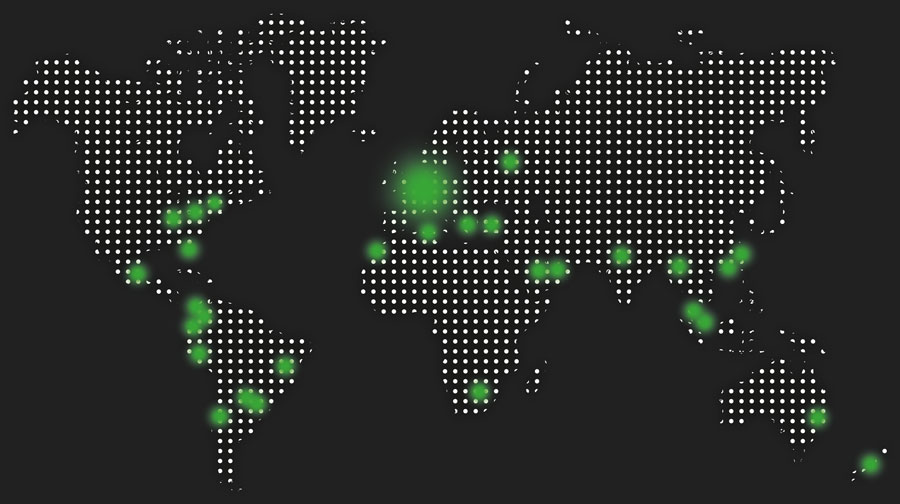
New trends in country risks: AU G-Grade Q2 2018
The G-Grade (Grade of the Grade) measures the country risk across 144 countries. This rating gives a synthesis of the four major underwriters’ risk assessment (Atradius, Coface, Credendo and Euler Hermes) country by country. AU Group believes that those underwriter’s ratings are the most relevant (among all the other rating agencies), as those trade credit insurers have real risk exposure covering transactions across the world. If they make a mistake in the correct prediction of a country risk situation, this might result in indemnifying huge claims for their clients. Therefore, each Insurer’s economic research department is following closely the business environment in those countries.
Each quarter, AU Group teams use the the G-Grade to advise their clients of any significant variance of the G-Grade (more than 0.5 points). Such a variation means either that one of the insurers varies its risk assessment by 2 notches, or that 2 insurers or more vary their risk assessment by one notch. On a scale from 1 to 10, we believe that people taking credit risk decisions should be aware when a variation is higher than 0.5 pts.
- The main concern in this Q2-2018 is the situation in Tunisia which has been downgraded by 3 insurers for a total variation of 1.25 (G-Grade falls from 6 to 7.25). This consensus is the result of the overall deterioration of the macro-economic situation. In March the inflation has risen to 7% (according to IMF) and this will have some impact on household’s expenses. Despite the IMF support through a 4 years programme, the public debt keeps on increasing up to 70% in a context of very low growth over the past few years. Tunisia is still facing social tensions and strikes, worsening an unstable political situation.
- Its neighbour Algeria is downgraded as well from 6.25 to 6.75. The country remains over-dependent on oil & gas representing 40% of GDP and 99% of exports (according to Euler Hermes), and, as the oil price remains low, this has an impact on the public debt which nevertheless remains at an acceptable level. President BOUTEFLIKA’s health remains a concern, and uncertainty persists as 2019 will see the next presidential elections.
- Kyrgyzstan rating improves slightly from 8 to 7.50, as Russia’s recovery will lead to a positive impact on the country’s exports. The production of gold will continue to drive exports (40% of the total) that are not sufficiently diversified. However, the business environment remains mediocre, with a high corruption level that worries foreign investment in Kyrgyzstan.
- As the UAE situation improves, the G-Grade follows from 3.75 to 3.25. As global growth is back, UAE and especially Dubai as a trading hub benefits from this recovery. On top, a technical rebound of the economy in the region after 2 years of slowdown can be noticed. “Furthermore, local banks see their level of liquidity increasing as more “petrodollars” are kept by government entities in their accounts which should theoretically encourage banks to lend more to businesses” explains Aurelien Paradis, CEO of AU Group in Dubai.

